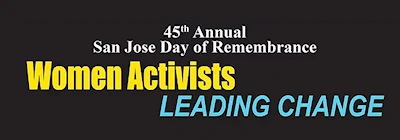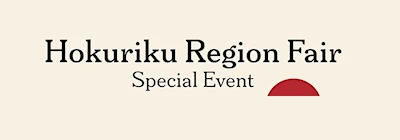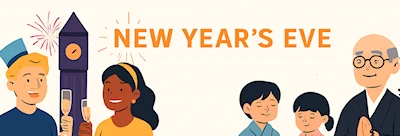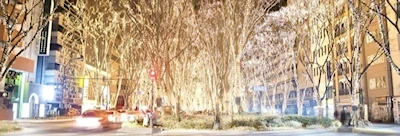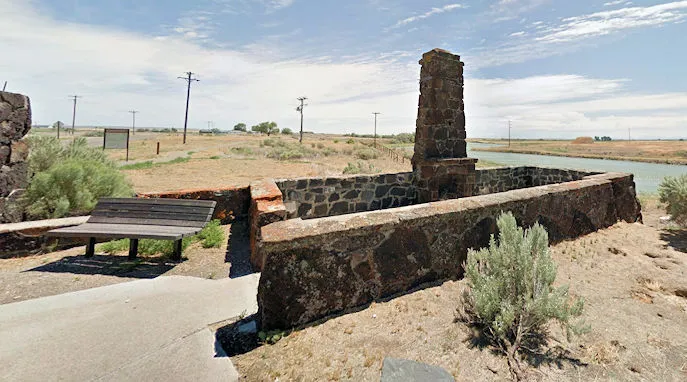Minidoka War Relocation Center
Event Location
Jerome County, ID 83338
Minidoka National Historic Site is a National Historic Site in the western United States. It commemorates the more than 9,000 Japanese Americans who were imprisoned at the Minidoka War Relocation Center during the Second World War.
Located in the Magic Valley of south central Idaho in Jerome County, the site is in the Snake River Plain, a remote high desert area north of the Snake River. It is 17 miles (27 km) northeast of Twin Falls and just north of Eden, in an area known as Hunt. The site is administered by the National Park Service of the U.S. Department of the Interior, and was originally established as the Minidoka Internment National Monument in 2001. Its elevation is just under 4,000 feet (1,220 m) above sea level.
Minidoka War Relocation Center
The Minidoka War Relocation Center was in operation from 1942-45 and one of ten camps at which Japanese Americans, both citizens and resident 'aliens,' were interned during World War II. Under provisions of President Franklin D. Roosevelt's Executive Order 9066, all persons of Japanese ancestry were excluded from the West Coast of the United States. At its peak, Minidoka housed 9,397 Japanese Americans, predominantly from Oregon, Washington, and Alaska.
The Minidoka irrigation project shares its name with Minidoka County. The Minidoka name was applied to the Idaho relocation center in Jerome County, probably to avoid confusion with the Jerome War Relocation Center in Jerome, Arkansas.[citation needed] Construction by the Morrison-Knudsen Company began in 1942 on the camp, which received 10,000 internees by years' end. Many of the internees worked as farm labor, and later on the irrigation project and the construction of Anderson Ranch Dam, northeast of Mountain Home. The Reclamation Act of 1902 had racial exclusions on labor which were strictly adhered to until Congress changed the law in 1943.[5] Population at the Minidoka camp declined to 8,500 at the end of 1943, and to 6,950 by the end of 1944. On February 10, 1946, the vacated camp was turned over to the U.S. Bureau of Reclamation, which used the facilities to house returning war veterans.
The Minidoka War Relocation Center consisted of 36 blocks of housing. Each block contained 12 barracks (which themselves were divided into 6 separate living areas), laundry facilities, bathrooms, and a mess hall. Recreation Halls in each block were multi-use facilities that served as both worship and education centers. Minidoka had a high school, a junior high school and two elementary schools - Huntville and Stafford.[7] The Minidoka War Relocation Center also included two dry cleaners, four general stores, a beauty shop, two barber shops, radio and watch repair stores as well as two fire stations.
The U.S. Army opened military service to Japanese-Americans in 1943. Enlistees from Minidoka accounted for 25% of total volunteers and Minidoka suffered more casualties, male and female, than any other camp. The Minidoka Internees created an 'Honor Roll' to acknowledge the service of their fellow Japanese-Americans.[7] Although the original was lost after the war, the 'Honor Roll' was recreated by the 'Friends of Minidoka' group in 2011 following a grant from the National Park Service.
-Wikipedia
Authentic Japanese Gardens (United States)
Best Japanese Gardens
Japanese Rock 'Zen' Gardens (United States)
Best Japanese Rock 'Zen' Gardens
Japanese Teahouses (United States)
Best Japanese Teahouses
Japanese Museum Art
Japanese Museums Map of Japanese Museums



